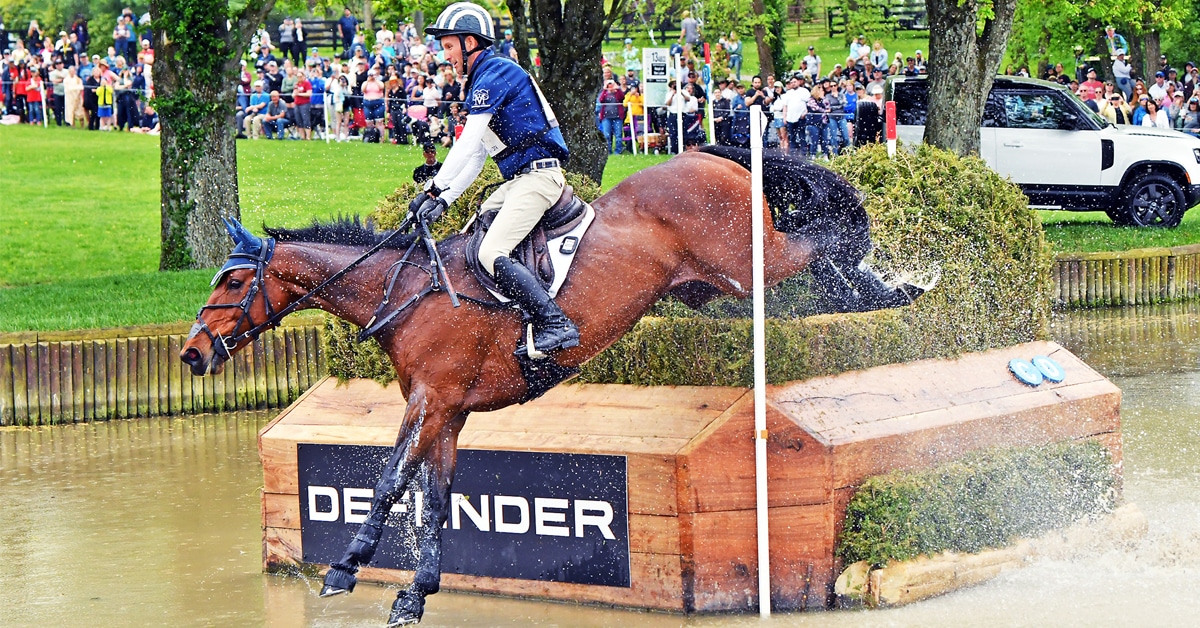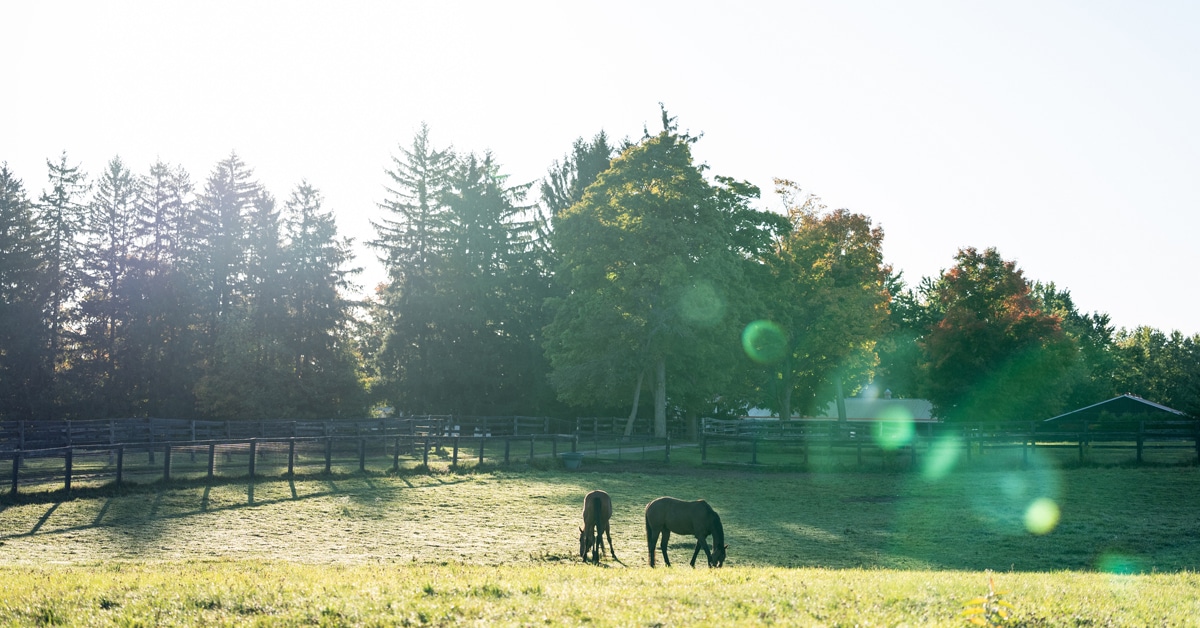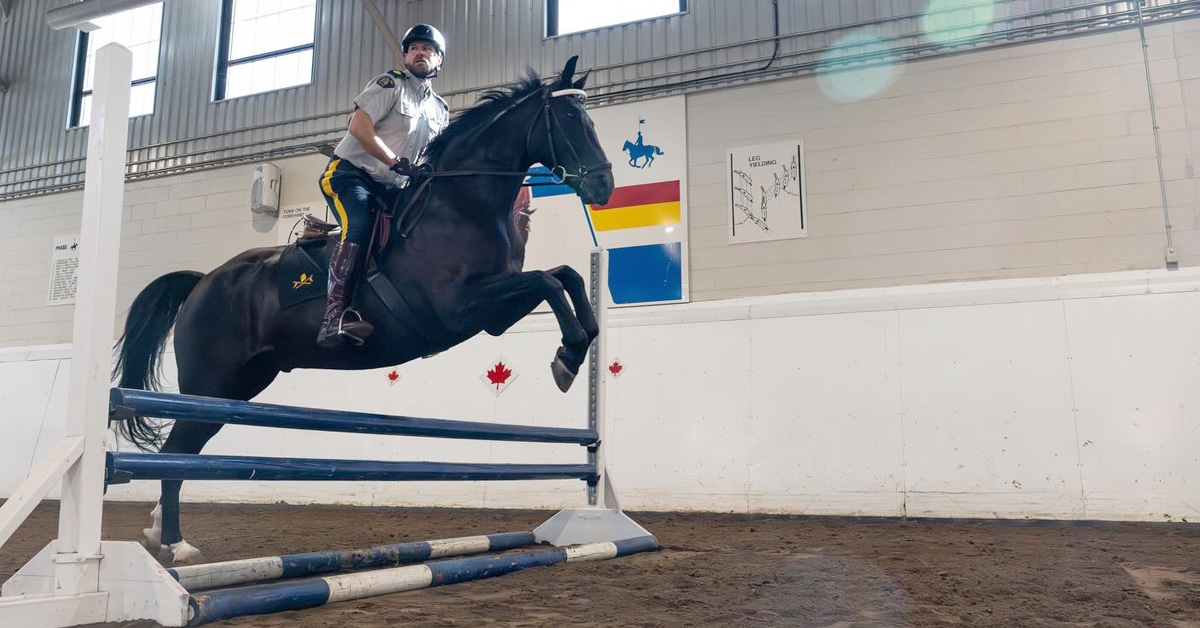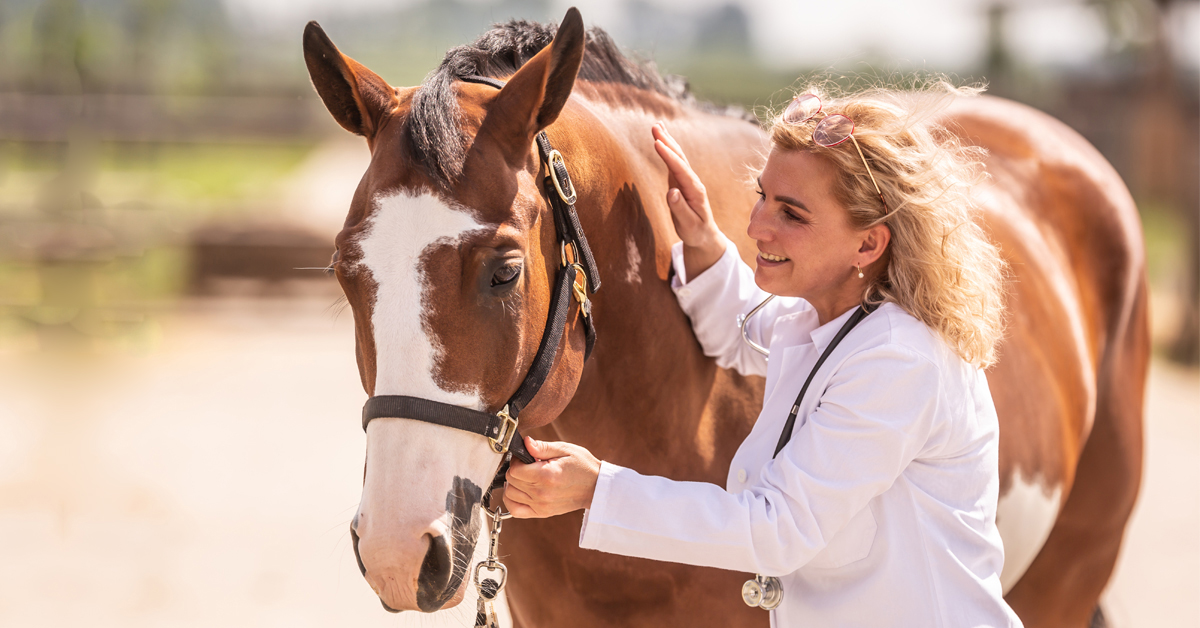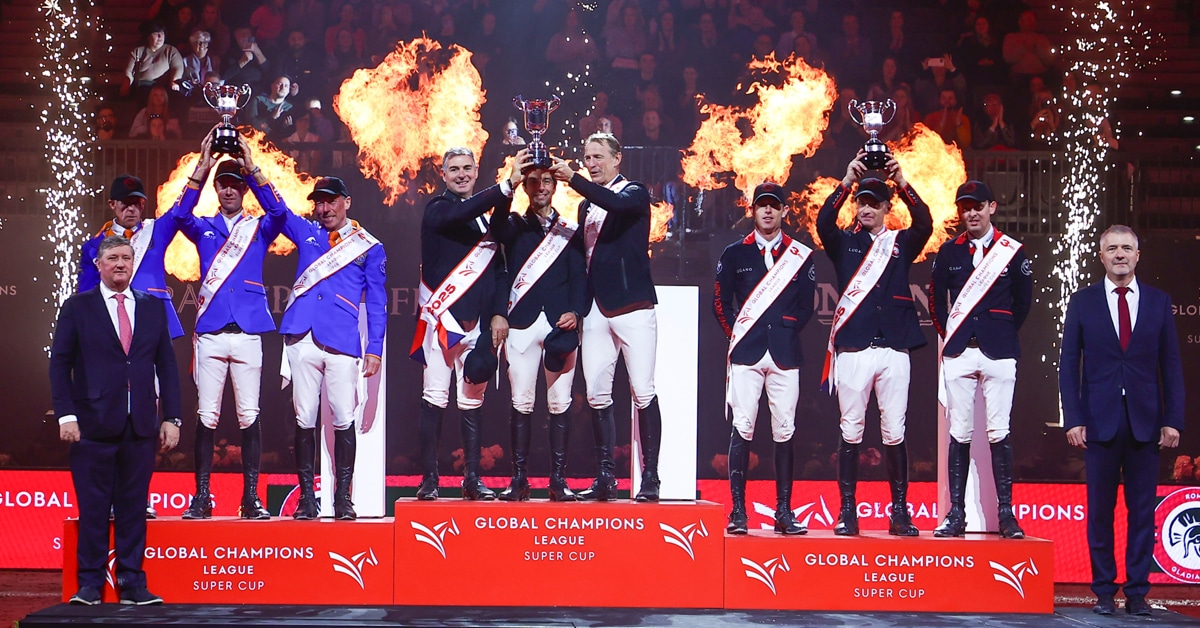Ludger Beerbaum recently announced that he will retire from the German show jumping team, following the Furusiyya FEI Nations Cup Finals in Barcelona, Spain, in September.
As president of the Longines World Equestrian Academy, Beerbaum will support the development of the show jumping market in the Asia, including the Longines Equestrian Beijing Masters, which he co-founded six years ago.
Following is question and answer session with Beerbaum about his plans for the future:
Q: You announced you will no longer be riding for the German national team. What is stronger the feeling of melancholy or the joy about what is to come?
A: Neither really at the moment. Initially I am satisfied with the decision I have taken and will just wait and see what comes my way. I am at peace with myself and think it was the right decision at the right point in time. Everything that happens now, will happen. I will gladly accept it.
Q: But you will still continue to compete at international level?
A: Yes, exactly.
Q: Training aspiring young talents will play a considerably bigger role in your sporting life in future.
A: It has always played a major role. I have already given courses in the past or had young riders here. Take Marco Kutscher, Philipp Weishaupt, Henrik von Eckermann, for instance, they all started off here as young lads, and of course I will continue to do that too. But in future I will be focusing more on other regions. In the same way that I am currently travelling through Asia with the Longines World Equestrian Academy or inviting riders from Asia to come to Riesenbeck, to train them.
Q: Can you tell us more about the promotion work of the youngsters in China that you are involved in?
A: Our aim with the Academy is to train young people and make their way onto the international equestrian sport circuit easier. That is the target of the Academy and that is what I would like to be acknowledged for in five, eight or ten years’ time.
Q: You have been following the development of the equestrian sport in China for many years. How do you assess this development?
A: I have been involved in the Chinese equestrian sport market since 2006. Things are growing extremely quickly there. Every year there are more shows, more competitors, above all more young people, who are finding their way to horses. But there is actually a huge need for the conveyance of know-how. And whereas the one development is indeed fast, the development in the field of know-how is unfortunately slower. There is a great need to catch up, this starts with the care of the horses through to the riding abilities and basics.
Q: What role does the Longines Equestrian Beijing Masters play in the development of the equestrian sport in China?
A: It is a highlight in the Chinese event calendar and is a big goal for many young people to be able to ride in this traditional sports venue, the Bird’s Nest, one day. As such, it is a big motivation factor. But many stages have to be passed on the way there, this is where the Academy comes into play again. But the motivation factor is definitely a very important cornerstone, without doubt.
Q: Which other partners are on board in Peking, explain the organisation structure?
A: On the one hand there is, of course, the Dashing Equestrian, the company that holds the contracts with the Bird’s Nest and the Federation locally, and who ultimately carries the economic risk for the event. Then, the Chinese Federation, the CEA, of course. As well as the organisers of the CHIO Aachen, who are on board for the fourth year running.
Q: The show will be staging its sixth edition from September 1-4. What is special about its concept?
A: It is the only show in China where really international top riders – due to the quarantine regulations on borrowed horses – compete against Chinese riders in the same class. In contrast to the Global Champions Tour in Shanghai, for example, which we fly over, but where the Chinese only sit on the stands and watch us. In the Bird’s Nest they really have the opportunity to compete against us with their horses.
Q: What course should Longines Equestrian Beijing Masters take? What are your short and mid-term goals?
A: The biggest goal is for the event to progress from its current three-star rating into a five-star show. And that we will then also be able to compete against the Chinese riders on our own horses. How fast this will be achieved, not only depends on us, but also on the quarantine regulations, the EU, the Chinese, the introduction of a vaccination status in China and other points. I can’t say whether this will take a year, two or three.
Q: You won in the Bird’s Nest last year. How do you rate your chances of defending this title?
A: Ultimately, that depends on the horse I am allocated. I drew a really good horse last year and simply had the best chance to win as a result.
More News



